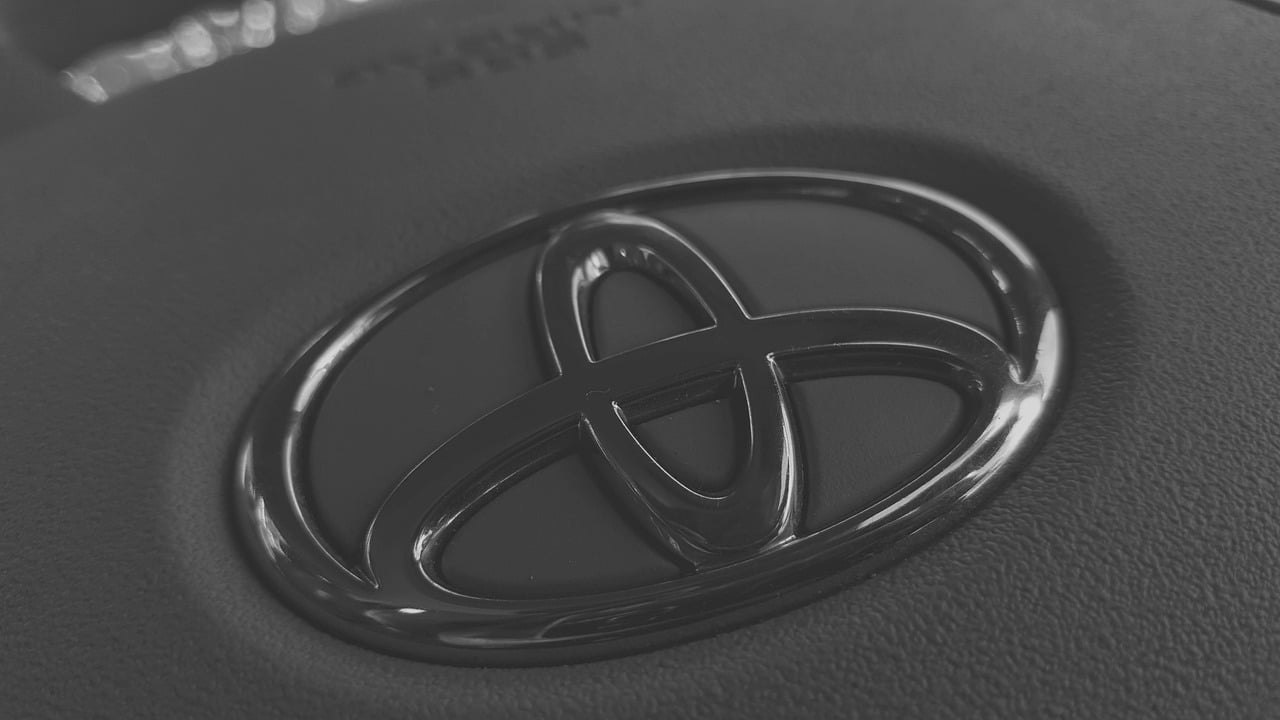Toyota has consistently retained its top spot in the list of global automakers for most years. It is unarguably the king of the hybrid vehicles segment. Despite its unparalleled industry presence and brand image for reliability, Toyota has maintained its distance from the EV revolution that has been taking the market by storm.
Top company executives have regularly made statements indicating a lack of belief in EVs as the only way to create sustainable vehicles. At the same time, the company has also retracted on this belief by making claims of its goal to produce millions of EVs by a certain time in the future.
Still, Toyota has never shown any interest in going exclusively electric, as is the case with many rival automakers.
So, What Is Toyota’s Actual Stand On EVs?
Akio Toyoda had been Toyota’s CEO for 13 years before becoming its chairman. He has not been a proponent of battery electric vehicles (BEVs). When Toyoda moved over to the chairman’s seat, his position as CEO was taken over by Koji Sato. He has taken certain steps to boost Toyota’s electrification strategy. Interestingly, he has refused to shift any attention away from hydrogen and hybrid vehicles.
Toyoda has long believed that the electric car segment will never take up more than 30% of the market share. In a recent media presentation, he had proposed a multi-pathway approach. He also emphasized the need that technology decisions should be made by customers and not regulations.
There is no clarity on whether Toyoda’s opinions on EVs are shared by other Toyota top executives. There have been a series of previous statements and developments at Toyota that seem to shed light on where the company has stood at different periods of time.
At the same time, Toyota has stated that is ready to comply with regulations controlling fossil-fuel-powered vehicles. At different times, it has made different claims. In one statement, the company reported it will produce 1.5 million electric vehicles by 2026. In another statement at a different time, it set the goal of 3.5 million by 2030.
September 2022 – Toyota’s Not All-in On EVs – Rivals Were
A couple of decades ago when Toyota Motor launched the Prius, it became the favorite of environmentalists worldwide. However, the Prius is no longer considered green tech. In 2022, Greenpeace placed Toyota at the bottom of the list of top 10 automakers in terms of their decarbonizing efforts. At the time, EVs accounted for not even 1% of the company’s overall sales.
At the time, Volkswagen, GM, and many others had revealed plans to invest billions into all-electric vehicle development. It was only later that Toyota made any such public announcements.
So far, the bZ4X is the ‘most’ EV model it has delivered. It is worth knowing Toyota has set the target to be carbon neutral by 2050.
Toyota’s claims at the time were that not all regions would adopt electric vehicles at the same pace. The general lack of infrastructure and high vehicle prices were assigned as the most important reasons for this.
In the words of the executive VP of sales of Toyota’s North America wing, the marketplace wasn’t “mature enough and ready enough.”
In December 2022, Toyota announced it was investing $28 billion to develop 30 battery-powered EVs by 2030. That didn’t mean it was diverting its attention from Prius and other EV alternatives.
At the time, Gill Pratt, CEO and chief scientist of Toyota Research Institute had said that the company desired to provide each individual the choice of how they wanted to contribute to addressing climate change.
It was at this time that the company announced its target of selling 3.5 million EVs annually by 2030. This estimate included a million units of the Lexus brand. By 2030, this luxury brand of Toyota plans on selling EVS exclusively in North America, Europe, and China.
The company revealed at the time that it planned a $70 billion investment in ‘electrified’ vehicles. 50% of this amount would go towards developing all-electric battery technologies over the next nine years.
Besides BEVs and hybrids, Toyota has also made significant investments into hydrogen fuel cell EVs. The company’s executives believe that customers will require hydrogen fuel cell electric cars, BEVs, and plug-in hybrids to reduce their carbon footprint in the future.
October 2022 – Toyota to Retain its Gas-Powered Vehicles
In October 2022, Toyoda reiterated his view that EV is only one option within the company’s powertrains ‘department store’. The automotive giant plans to retain gasoline-powered vehicles as the central part of its product lineup.
Toyota, as per its announcements, will be launching several EVs in the near future. However, that does not affect the other product offerings it will be releasing, including hydrogen-powered, fossil fuel-powered, and fossil fuel-electric hybrid vehicles.
Toyoda, during a dealer gathering event in Vegas, had claimed that BEVs would take longer than the media’s claims to go mainstream. His commitment at the moment was to provide the broadest range of powertrains to his customers so that the latter could drive as clean as possible.
This was in stark contrast to many competitors who had pledged to become all-electric by 2035.





